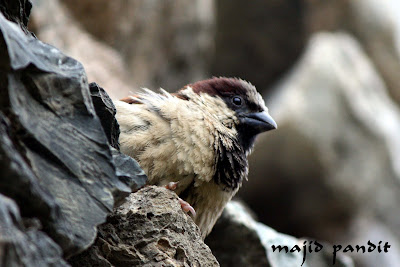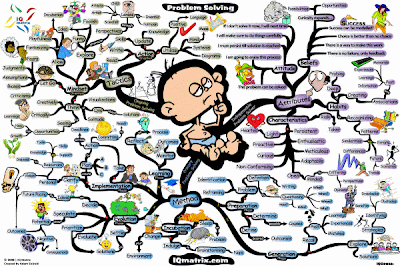Amidst the aura of death that smokes the valley these days, I manage to sneak through and ride along the most breathtaking stretch besides the Dal lake. Wind touched my face and I could feel the cool rush of air that whistled through fluttering my shirt. I captured a few moments that proved me wrong.
Irrespective of the kind of situation and conditions throughout the region where life has lost its significance and dignity, I realised that there is a power that keeps it alive. Life goes on in one form or the other. It changes its forms and color irrespective of the events that are created by man. I realised that man who enjoys the title "Ashraf-ul-makhlooqat" (Arabic term for the highest form of life) is just an intruder who is tirelessly working in disturbing the systems of nature. Unknowingly, he is doing no good but building up a huge castle made up of hazardous explosives.
It is just a matter of one moment and his huge empire will be lazed to ground. Man has never contributed to nature constructively. He has been selfish throughout the ages, creating deliberate conflicts, killing fellow men to enforce his might and an endless list. He has refused to accept that he is the culprit – the cause of the entire nuisance.
If we start observing nature keenly, there are a million things that can be learnt. One can see the simplicity and the way nature is streamlined. One can see the freedom that life enjoys being in the laps of nature righteously. But no one is ready to think about it.
Someone had rightly said that “Man is the only animal that spits”.
All these are clicked on my Canon EOS 1000D.
(Specifications on request)























